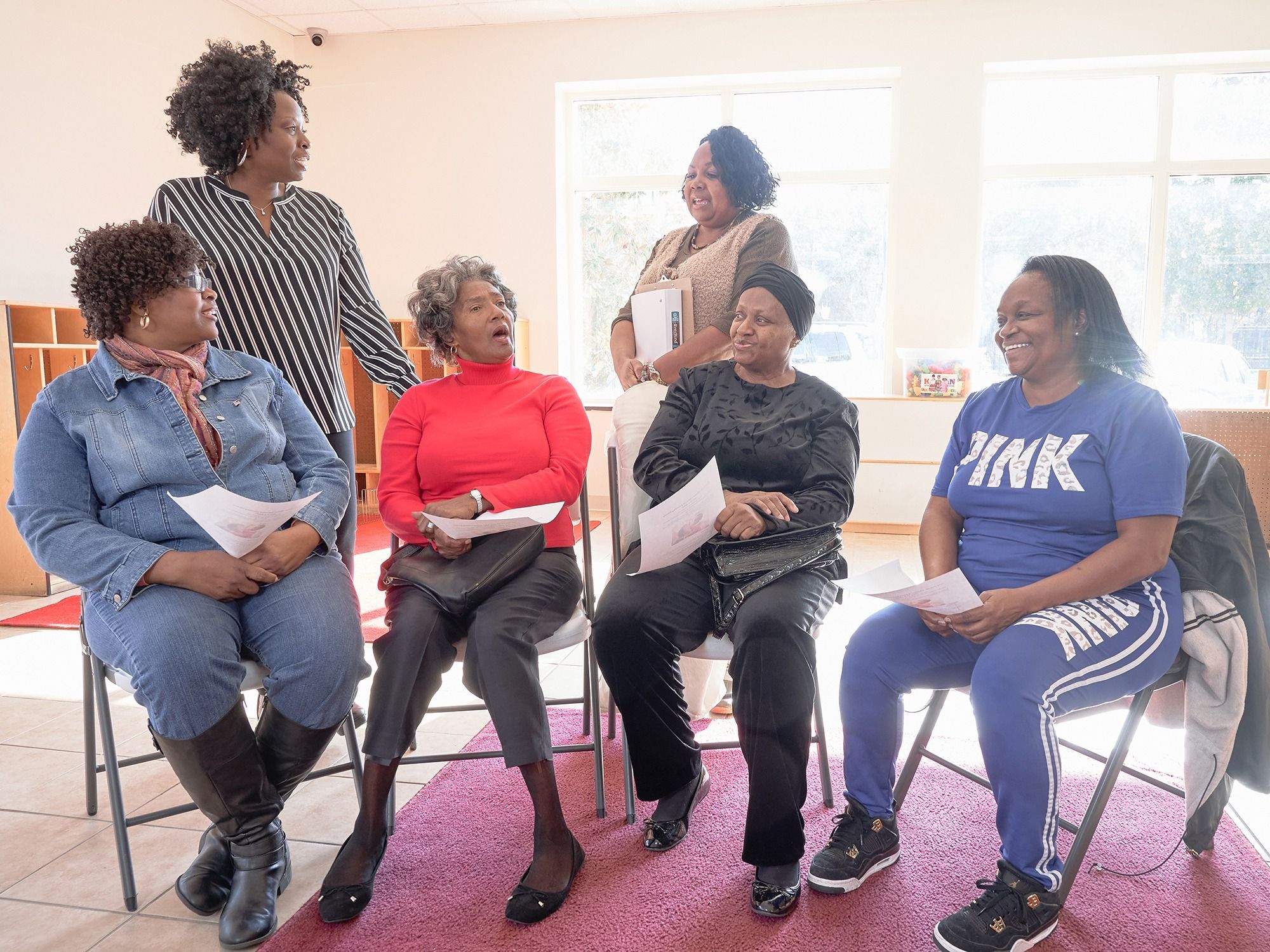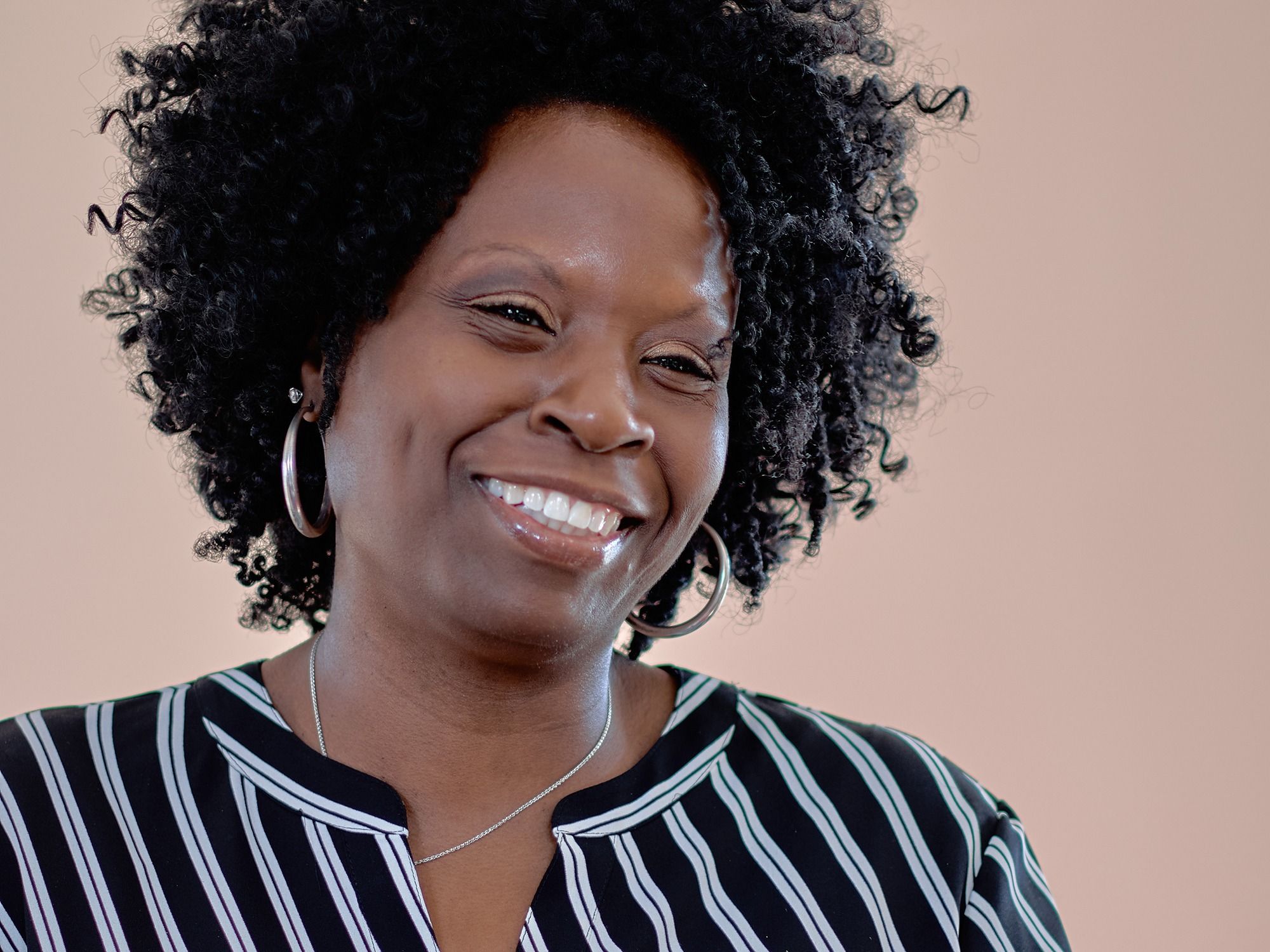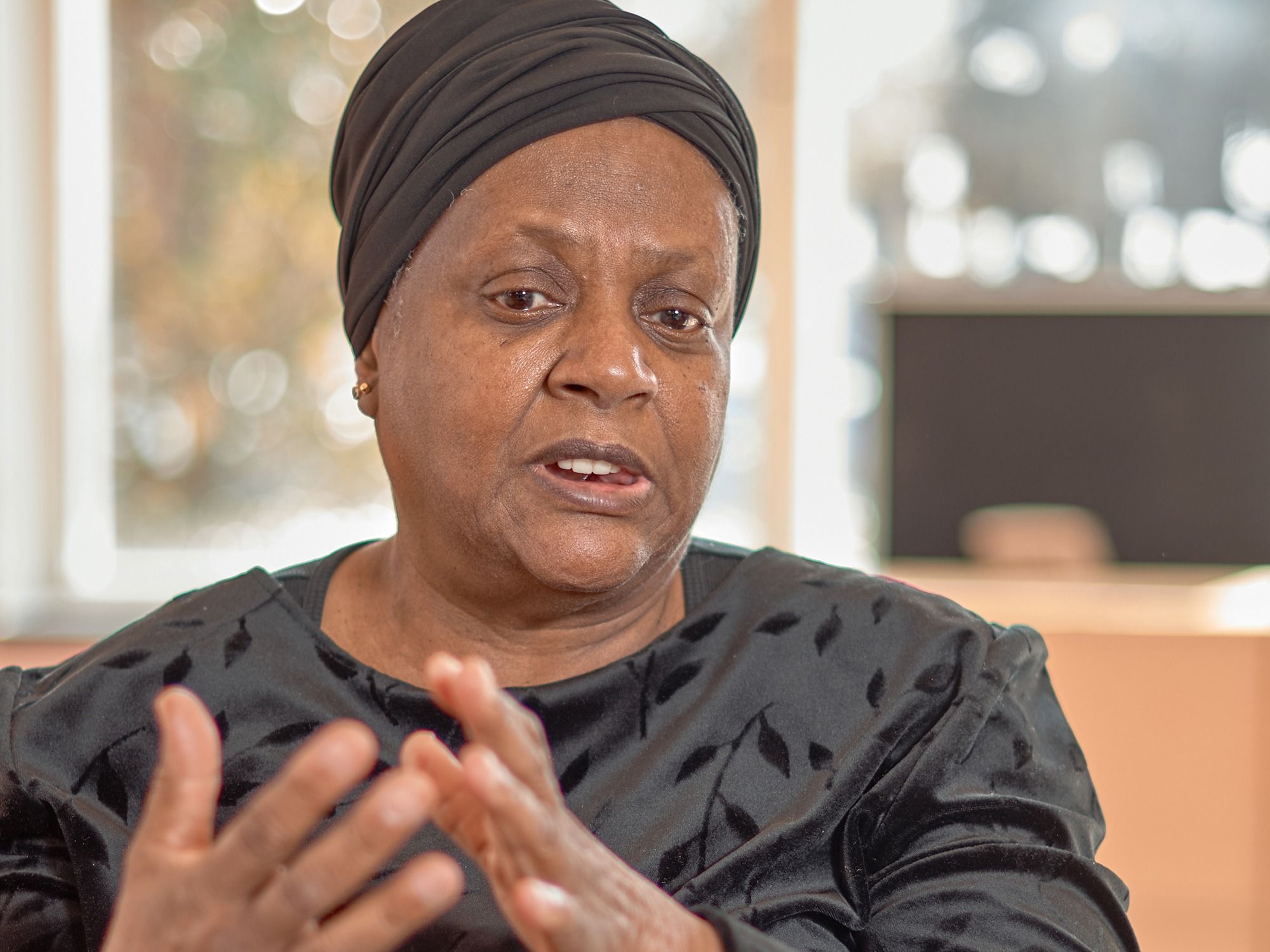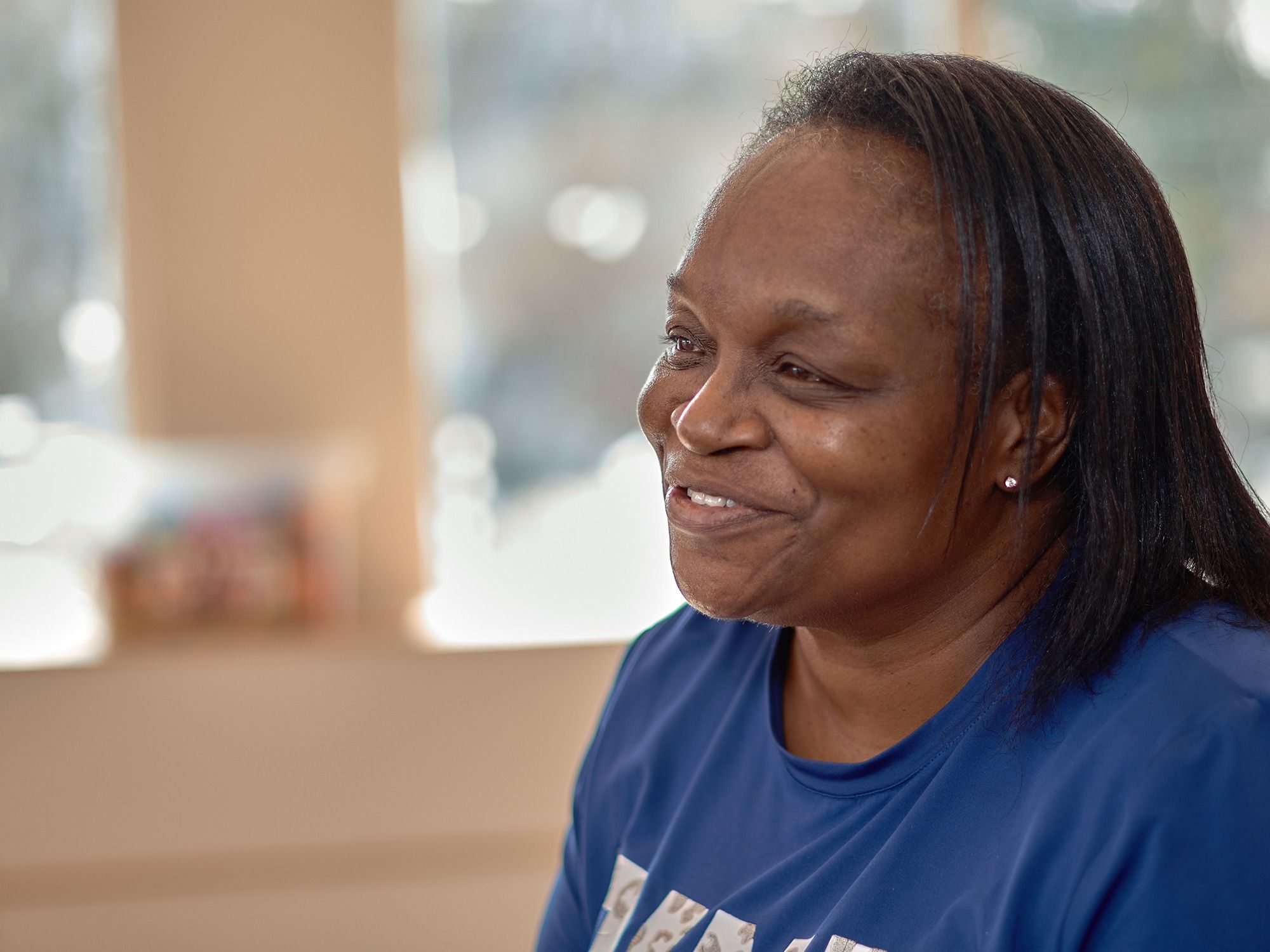When Dr. Tyreasa Washington was a practicing social worker, she dealt with many children who didn’t live with their parents.
Sometimes they had been placed by the state into traditional foster care. Sometimes they were living with a relative or perhaps a godparent who had a family connection, an arrangement called “kinship care” that is more common than traditional foster care.
Children in kinship care, Washington noticed, bounced between foster homes less often, had more stable lives and generally better prospects — though they still face challenges that other children don’t.
Now, as an associate professor of social work, Washington is studying kinship care among African American families.
There’s already plenty of research that details the challenges, obstacles, and poor outcomes kinship care kids face. However, children in kinship care arrangements still tend to do better than kids in traditional foster care. Washington wants to understand why.
“We’ve taken more of a positive approach,” Washington says. “What are the families doing well? What are the strengths and resources in these families that contribute to children’s social competence, academic competence, and better behavioral health?”
Washington has won a $445,000 National Institutes of Health grant to study approximately 200 African American children in kinship care, to tease out what factors contribute to better outcomes for these children.
She and her research team will recruit families through social services agencies in Guilford and Rockingham counties, as well as at events and through online channels. She will survey them to collect quantitative data and then follow up with in-depth interviews to dig into their experiences.
Earlier pilot studies Washington conducted indicated that the involvement of birth parents improves outcomes for kids. The new study should shed light on what that birth parent involvement actually looks like and how caregivers manage it.
The results could be helpful for social workers, teachers, and others who work with kids in kinship care, as well as to caregivers themselves.
“We want service providers to get the information,” Washington says. “We want families to have the information.”
“Especially since we’re focusing on informal as well as formal kinship care, she’s turning a lens on a population that has previously been invisible,” says Hannah Kaye, a graduate of the UNCG-NC A&T Joint Master of Social Work program, who will be project coordinator for the study. Kaye conducted research with Washington as a graduate student and is interested in eventually pursuing a Ph.D.
The research should also lead to more insights on how caregivers who provide kinship care could be better supported. “North Carolina is one of the states that does not pay kinship caregivers, unless they become a licensed foster parent, and that’s very challenging,” Washington says.
“We’re asking a family that’s already most likely marginalized and struggling to now take on other responsibilities, which causes challenges in the family. It has a lot of policy implications.”
African American Kinship Care
There is a long history of informal kinship care in African American communities, Washington says.
“Kinship care happens for all races and ethnicities, but it’s highest for African Americans. This is something African Americans have been doing since the time of slavery.”
During the Great Migration, for example, millions of African Americans left the rural South to escape racial and economic oppression. They sometimes left children in the care of relatives while seeking jobs and establishing themselves in new communities.
A common situation might involve a young parent who leaves a child in the care of grandparents to go to college. Other children end up in informal kinship care when parents die, are incarcerated, or suffer from substance use or mental health disorders.

In the photos above and below, Washington and facilitator Lisa Taylor (l-r, standing in image above) meet with a kinship caregiver group. Support groups like this – offered by Family Solutions, Guilford Child Development, Senior Resources of Guilford County, and Aging, Disability, and Transit Services of Rockingham County – are one way the project is recruiting participants. See more photos on UNCG Research Flickr
Washington and her co-investigators – Dr. Sonya Leathers from the University of Illinois at Chicago and Dr. Stephanie Irby Coard in UNCG Human Development and Family Studies – are also collaborating with the Guilford and Rockingham departments of health and human services, the Black Child Development Institute, and the Children’s Home Society of North Carolina.


